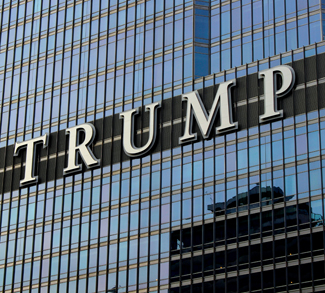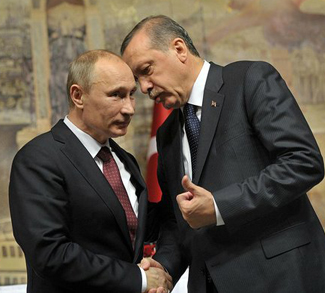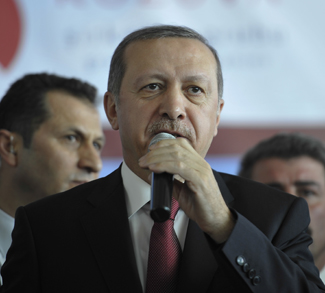Summary
Trump’s presidential campaign was often abstract on foreign policy, singling out certain issues as desperately in need of fixing, but withholding critical details on how to do so. This is important to note, because the devil is often in the details in implementing a coherent foreign policy (though President Trump will enjoy control of the executive, legislative, and eventually the judiciary as well). Here’s a breakdown of Trump’s major foreign policy pledges, and the likelihood of them coming to pass.
Background
Renegotiating NAFTA, scrapping the Trans-Pacific Partnership (TPP). President Trump would have the legal authority to withdraw from NAFTA so long as he provided six months’ notice. If he were to do so, it’s certain that corporate supply chains would be disrupted, prices for some consumer goods would go up, and there would be a short-term period of economic instability and rebalancing in North America. Far less certain would be the tone of North American trade relations in a post-NAFTA environment, where tariffs could range from near-NAFTA lows or get ramped up into a full-fledged trade war (not impossible given that passions would presumably be running high in US-Mexican relations at this point). Also uncertain is whether or not renegotiating/scrapping NAFTA would bring any jobs back to the United States. The same economic calculus that brought the jobs to Mexico in the first place – lower labor costs – could very well send them to some other low-cost labor markets.
NAFTA renegotiation and/or cancellation would bring some obvious and immediate economic headaches, so it can be put in the ‘maybe’ column.




